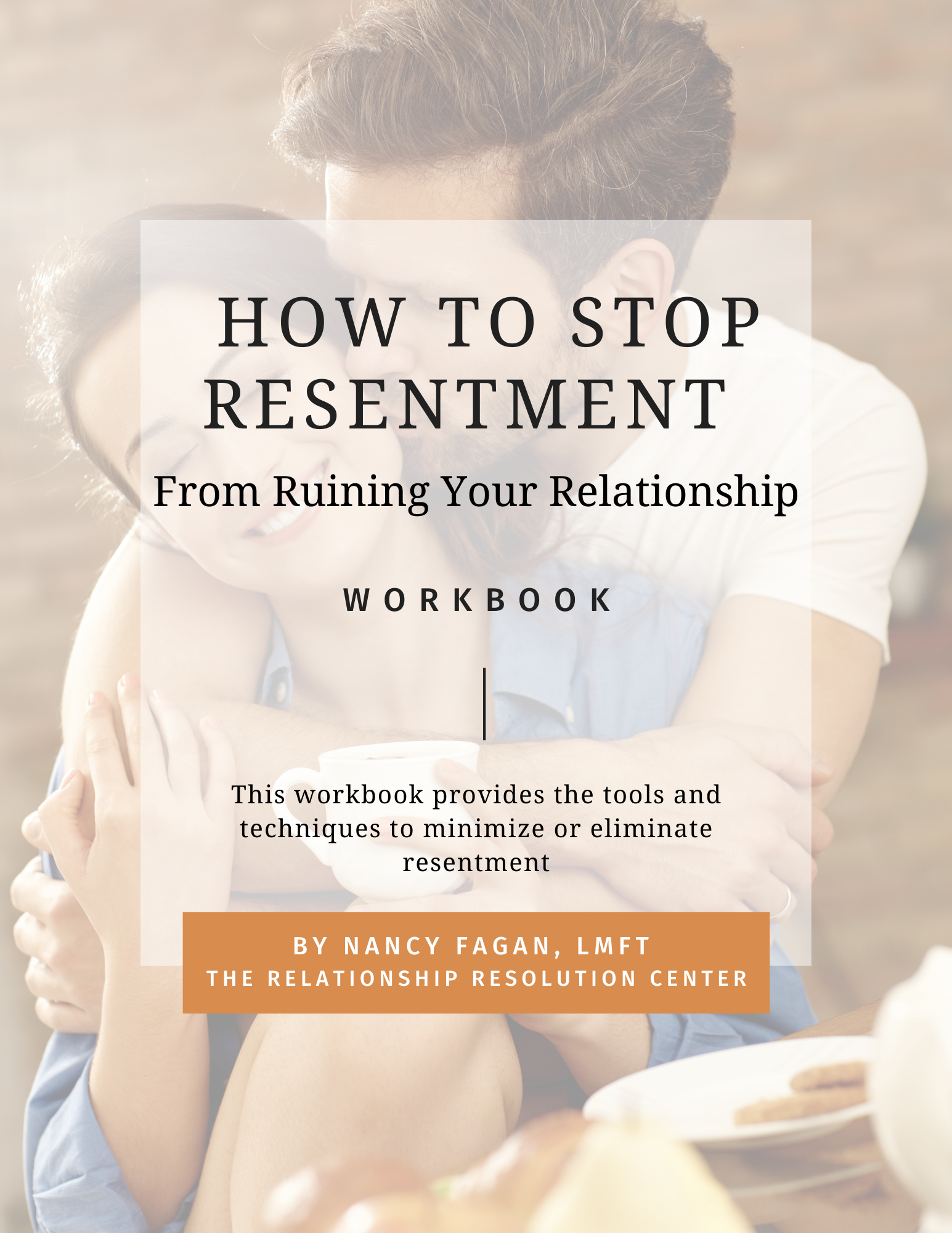11 Common Causes of Resentment in a Relationship
Resentment in relationships is an all-too-common problem that can slowly poison the bond between two people. Resentment is a feeling of anger and bitterness that arises when we perceive someone has wronged us in some way. It can stem from various causes and, if left unaddressed, can cause significant damage to the relationship. In this article, I will explore 11 common causes of resentment in a relationship.
Defining Resentment in a Relationship and Its Effects on Couples
First, it's important to define what resentment in a relationship means. Resentment is an emotional response to a perceived injustice, and in a relationship, it can arise when one partner feels wronged or undervalued. Resentment can cause a partner to become distant, uncommunicative, or passive-aggressive.
Feeling Neglected or Unappreciated: A Common Trigger of Resentment in a Relationship
One common cause of resentment in a relationship is when one partner feels neglected or unappreciated. This can happen when one partner feels like they are doing all the work in the relationship or that their contributions are not being acknowledged. Over time, this can lead to feelings of resentment towards their partner.
Lack of Communication and Understanding: How It Can Fuel Resentment in a Relationship
Another cause of resentment in a relationship is when one partner feels like they are not being heard or understood. Communication is an essential part of any relationship, and when one partner feels like their concerns are not being taken seriously or dismissed, it can lead to feelings of resentment.
Not Feeling Supported by Your Partner in a Relationship / Not Feeling Supported by Your Partner: A Key Cause of Resentment in a Relationship
Third, resentment can arise when one partner feels like they are not being supported. This can include emotional support, financial support, or other forms of support. When one partner feels like their needs are not being met, it can lead to feelings of resentment towards their partner.
Lack of Intimacy in a Relationship / Lack of Intimacy: How It Can Lead to Resentment in a Relationship
Fourth, resentment can stem from a lack of intimacy in the relationship. This can include physical intimacy, emotional intimacy, or both. When one partner feels like they are not being seen or valued by their partner, it can lead to feelings of resentment.
Feeling Taken for Granted in a Relationship / Feeling Taken for Granted: A Trigger of Resentment in a Relationship
Fifth, resentment can arise when one partner feels like they are being taken for granted. This can happen when one partner feels like they are doing all the work in the relationship or that their contributions are not being acknowledged.
Unresolved Conflicts Leading to Resentment in a Relationship / Unresolved Conflicts: How They Can Breed Resentment in a Relationship
Sixth, resentment can stem from unresolved conflicts. When conflicts are not resolved, they can fester and lead to feelings of resentment towards the partner.
Unfair Blame Game in a Relationship / Unfair Blame Game: How It Can Fuel Resentment in a Relationship
Seventh, resentment can arise when one partner feels like they are being blamed for problems in the relationship. This can happen when one partner feels like they are being unfairly blamed for things that are not their fault.
Trust Issues Leading to Resentment in a Relationship / Trust Issues: A Key Cause of Resentment in a Relationship
Eighth, resentment can stem from a lack of trust in the relationship. When one partner feels like they cannot trust their partner, it can lead to feelings of resentment.
Control and Manipulation in a Relationship / Control and Manipulation: How They Can Lead to Resentment in a Relationship
Ninth, resentment can arise when one partner feels like they are being controlled or manipulated by their partner. This can include emotional manipulation, financial manipulation, or other forms of control.
Setting Boundaries in a Relationship to Avoid Resentment /Setting Boundaries: A Key Step to Avoid Resentment in a Relationship
Finally, resentment can stem from a lack of boundaries in the relationship. When one partner feels like their boundaries are being crossed, it can lead to feelings of resentment towards their partner.
Addressing Resentment in a Relationship: Tips to Strengthen Your Bond
Resentment in a relationship can stem from a variety of causes, including neglect, lack of support, lack of intimacy, unresolved conflicts, lack of trust, and control issues, among others. It's essential to recognize these causes and work towards resolving them to prevent feelings of resentment from taking hold. Resentment towards your partner can be toxic and lead to long-lasting damage in your relationship. Addressing resentment in marriage or a relationship is important for a healthy relationship.





